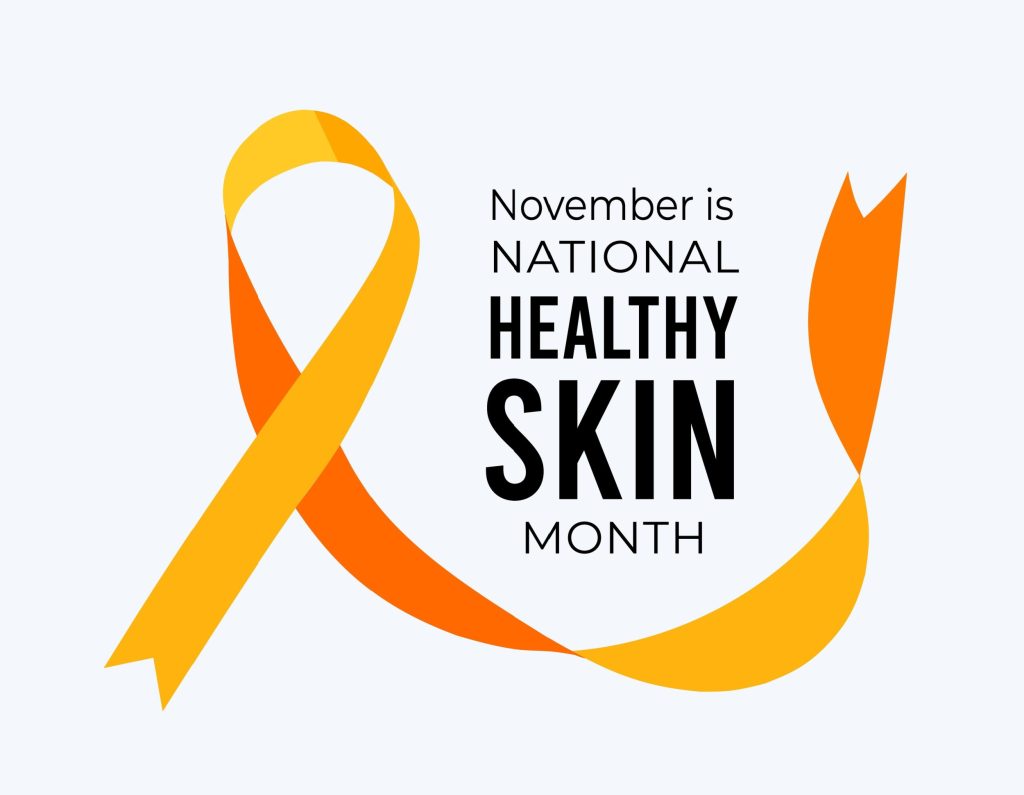
Aging is a natural and beautiful process. Having great skin as we mature means embracing and nourishing our skin’s evolving needs. As we age, our skin undergoes numerous changes, such as decreased collagen production, increased dryness, and reduced elasticity. Therefore, it becomes crucial to adapt our skincare routine to address the specific needs of mature skin. Fortunately, with the right practices, daily habits, and products, you can maintain healthy, glowing skin at any age.
You can embrace your skin’s ability to age gracefully and achieve a more youthful complexion with these steps:
Gentle Exfoliation and Regular Skin Maintenance
Regular exfoliation is essential for removing dead skin cells and promoting a more radiant complexion. However, as our skin becomes more delicate with age, it’s important to choose gentle exfoliation methods. You can opt for chemical exfoliants like AHAs or BHAs that help enhance the skin’s texture without causing irritation. Avoid harsh scrubs or abrasive tools that can damage the skin’s surface. Additionally, incorporate regular skin maintenance practices such as weekly face masks, moisturizing sheet masks, and facial massages to improve blood circulation and encourage a healthy glow. In addition, cleansing your face twice daily, using lukewarm water and gentle circular motions with a mild cleanser will also help remove dead skin cells and stimulate cell turnover. Remember to avoid over-exfoliation, as it can cause irritation and dryness.
Hydration and Moisturization
One of the key concerns for mature skin is dehydration. As we age, our skin’s ability to retain moisture diminishes. To combat this, it is vital to incorporate hydration and moisturization into your skincare routine. Look for moisturizers rich in humectants like glycerin and hyaluronic acid, which attract and retain water in the skin. Consider using a hydrating serum before applying your moisturizer to provide an extra boost of moisture. Additionally, don’t forget to hydrate your skin from within by drinking a sufficient amount of water throughout the day.
Sun Protection
Protecting your skin from the damaging effects of the sun is essential at any age. However, it becomes even more critical as you get older. Extended sun exposure can accelerate the signs of aging, including fine lines, wrinkles, and age spots. Make sure to apply a broad-spectrum sunscreen with at least SPF 30 every day, even during cloudy weather. Reapply sunscreen every two hours when outdoors or after sweating or swimming. Additionally, seek shade, wear protective clothing, and use wide-brimmed hats and sunglasses to further shield your skin from harmful UV rays.
Targeted Treatments
To address specific skin concerns associated with aging, using targeted treatments can make a noticeable difference. Retinoids, derived from vitamin A, are highly effective for reducing the appearance of wrinkles and improving skin texture. By incorporating them into your nighttime routine, you can gradually increase usage and avoid irritation. Antioxidants, such as vitamin C and green tea extract can also help protect the skin from free radicals and promote a more youthful complexion. Additionally, you can help produce collagen and firm your skin by using products that contain peptides.
Lifestyle Factors
Maintaining healthy skin goes beyond just skincare products. Certain lifestyle factors can significantly impact the appearance and health of your skin. You will need to get enough sleep, as it allows your skin to regenerate and repair itself. Eat a well-balanced diet rich in fruits, vegetables, and omega-3 fatty acids to nourish your skin from the inside out. Avoid smoking and limit alcohol consumption, as they can accelerate the aging process and dehydrate the skin. Lastly, manage stress levels through relaxation techniques or hobbies, as stress can contribute to skin issues.
Annual Skin Exams
Annual skin exams are extremely important for mature adults due to several reasons. First, as we age, our skin becomes more susceptible to skin cancers, such as melanoma and basal cell carcinoma. Detecting these skin cancers early is crucial for successful treatment and improved prognosis. A thorough skin exam by a board-certified dermatologist can help identify any suspicious moles, lesions, or changes in the skin that may require further assessment and treatment. Second, many skin conditions that affect mature adults, such as eczema, psoriasis, or age-related skin thinning, can cause discomfort, or affect quality of life. Regular skin exams help with accurate diagnosis and appropriate management of these conditions, leading to better symptom control and overall well-being. Third, annual skin exams provide an opportunity for dermatologists and practitioners to educate mature adults about sun protection, proper skincare routines, and the importance of regular skin self-exams.
Looking Forward
Taking care of your skin is a lifelong commitment, and as you age, it becomes even more important to adapt your skincare routine to meet the changing needs of your skin. By following the practices outlined above, you can have healthy skin well into your adult years.
As you appreciate the beauty of your skin no matter what stage of life you are in, remember that with consistent care and attention, you can have great skin at any age. Need help on your journey to age confidently? We can help! Our team at Florida Dermatology and Skin Cancer Centers is committed to providing personalized care and tailored treatment options to help you look and feel your best no matter your age or skin type. Call us at (855) 353-7546 to make an appointment with one of our practitioners today.
Contact FLDSCC for All Your Skin Care Needs
Florida Dermatology and Skin Cancer Centers provides a full spectrum of dermatology and skin care services, and its team of physicians, APRNs, and PAs are experts in diagnosing and treating skin cancers with the latest technological options. Medical Director, Dr. K. Wade Foster, is fellowship-trained in Mohs surgery, the most effective technique for most types of skin cancers, with minimal scarring or risk.
For more information about the services that Florida Dermatology and Skin Cancer Centers provides, or to make an appointment for a skin exam, visit www.fldscc.com or contact us at (855) FLD-SKIN.


